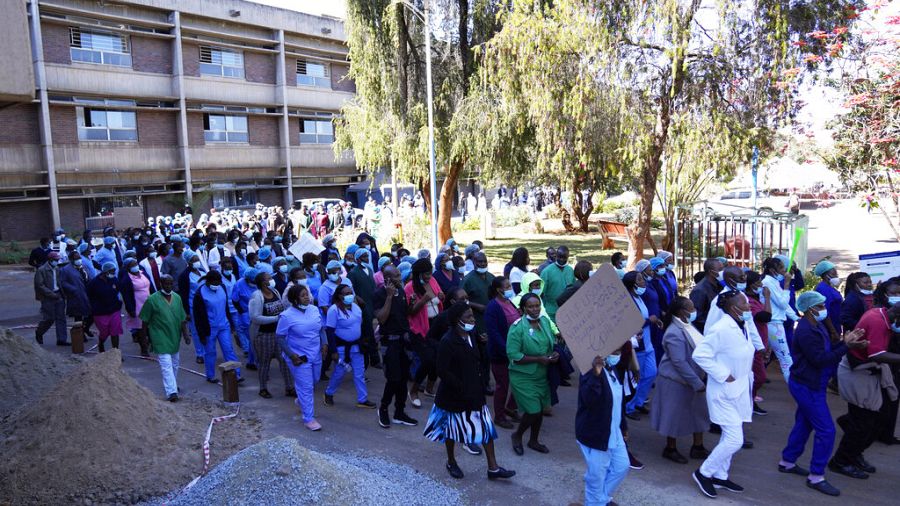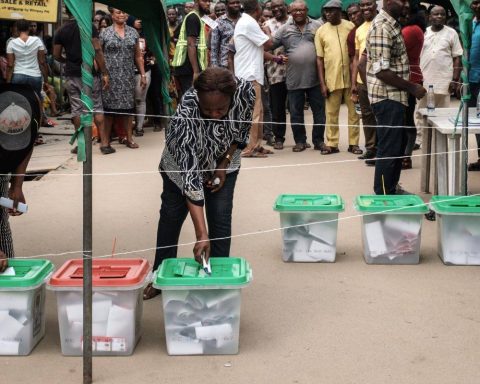Zimbabwean health workers are set to embark on a 48-hour strike starting Thursday, February 29, following a 48-hour ultimatum issued to the government by a coalition of healthcare unions under the Health Apex Council. The strike action comes amid ongoing negotiations between the unions and the government, with health workers demanding improvements in their working conditions.
Union leaders have cited the current hyperinflation and economic conditions in Zimbabwe, stating that it is impossible for workers to survive on their existing salaries. According to the coalition, health workers are severely affected by the non-review of health sector-specific allowances, very low basic salary, housing, and transport allowances, which are now less than US $10.
Join our WhatsApp ChannelIn a notice to Zimbabweans, the coalition stated, “The Health Apex panel has on numerous occasions written to the employer highlighting the plight of health workers. Sadly, to this day, nothing has materialized.” They further announced that the collective job action will commence on Thursday, February 29, 2024, and end on Saturday, March 2, 2024, if the grievances are not addressed.
Zimbabwe’s public health facilities have been strained by frequent and long strike actions by health workers for years. The facilities are already in poor condition due to dilapidated infrastructure and medicine shortages. Health workers argue that their low salaries and lack of basic equipment make their jobs difficult.
READ ALSO: Zimbabwe 2023: Observers Say Election Conduct Fell Below Expectation
The southern African country, which once boasted some of the best public healthcare facilities and personnel in Africa, is now experiencing brain drain as nurses and doctors seek better opportunities elsewhere, mainly in the United Kingdom.
According to Zimbabwe’s Health Service Board (HSB), since 2021, more than 4,000 health workers have left the country in search of greener pasture.
It is important to note that the government of Zimbabwe enacted a law in 2023 that bans health workers such as nurses and doctors from prolonged strikes, imposing punishments of up to six months in jail for defiant workers. The law stipulates that health workers can only strike for up to three days because they are considered an essential service.


















Follow Us